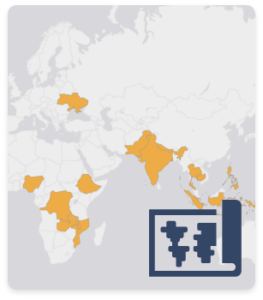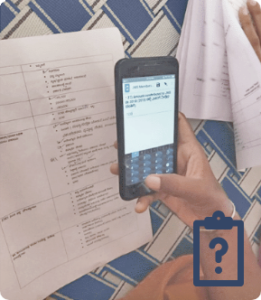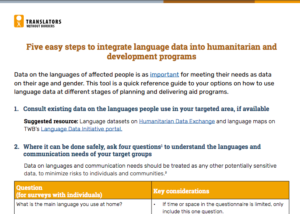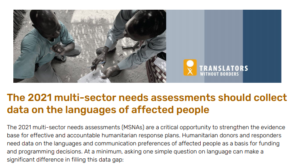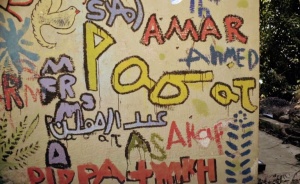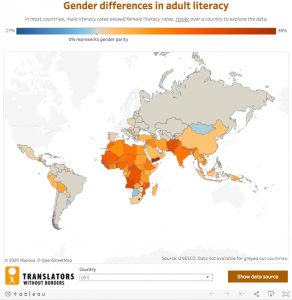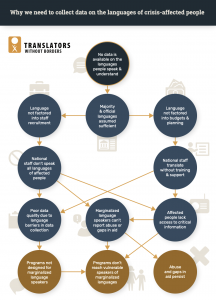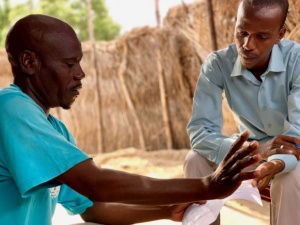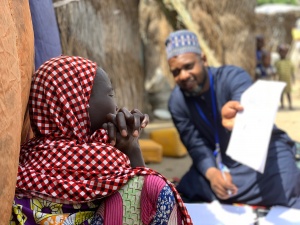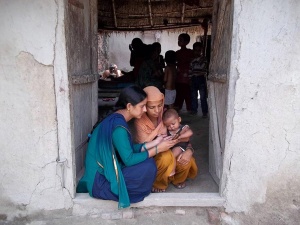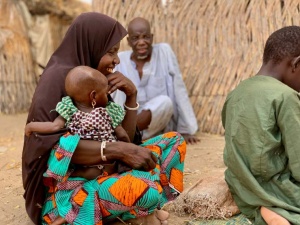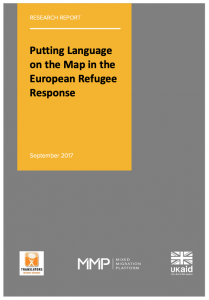LANGUAGE DATA INITIATIVE
TWB’s Language Data Initiative is putting language on the map in the humanitarian and development sector.
There is little information available on the languages crisis-affected people speak and understand. Humanitarians often develop communication strategies without reliable data on literacy, languages spoken, or preferred means of communication. The result too often is that crisis-affected people struggle to communicate with humanitarian organizations in a language they understand. Women, children, older people, and people with disabilities are often at the greatest disadvantage because they are less likely to understand international languages and lingua francas.
We are supporting organizations to develop language-informed programs and communication strategies through language data research and analysis.
DATA BY COUNTRY
Datasets and maps to help understand which languages are spoken where.
LANGUAGE QUESTIONS
Pre-formatted and translated questions for language data collection.
Your input and feedback can help us make language data as accessible and useful as possible.
Get in touch with us at [email protected]
The Language Data Initiative was developed with funding from the H2H Fund, the International Organization for Migration, the Centre for Translation Studies at University College London, UK Aid, UNICEF and the World Food Programme.
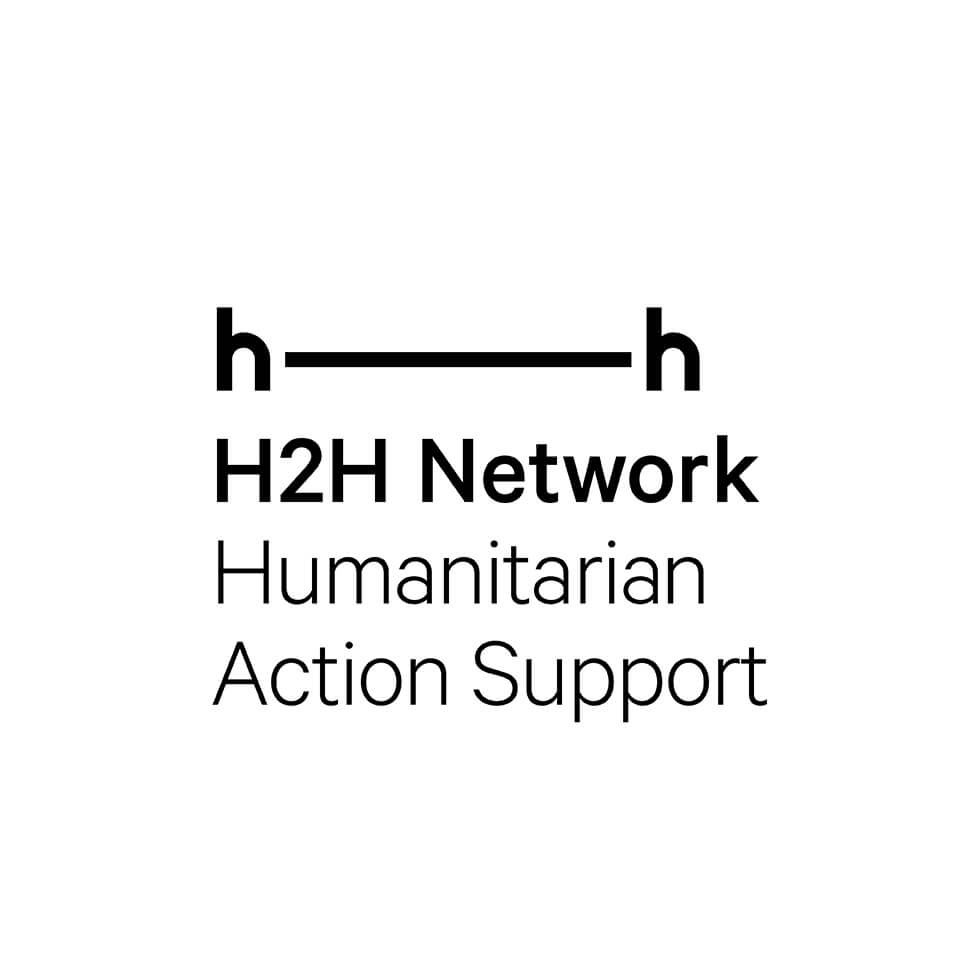
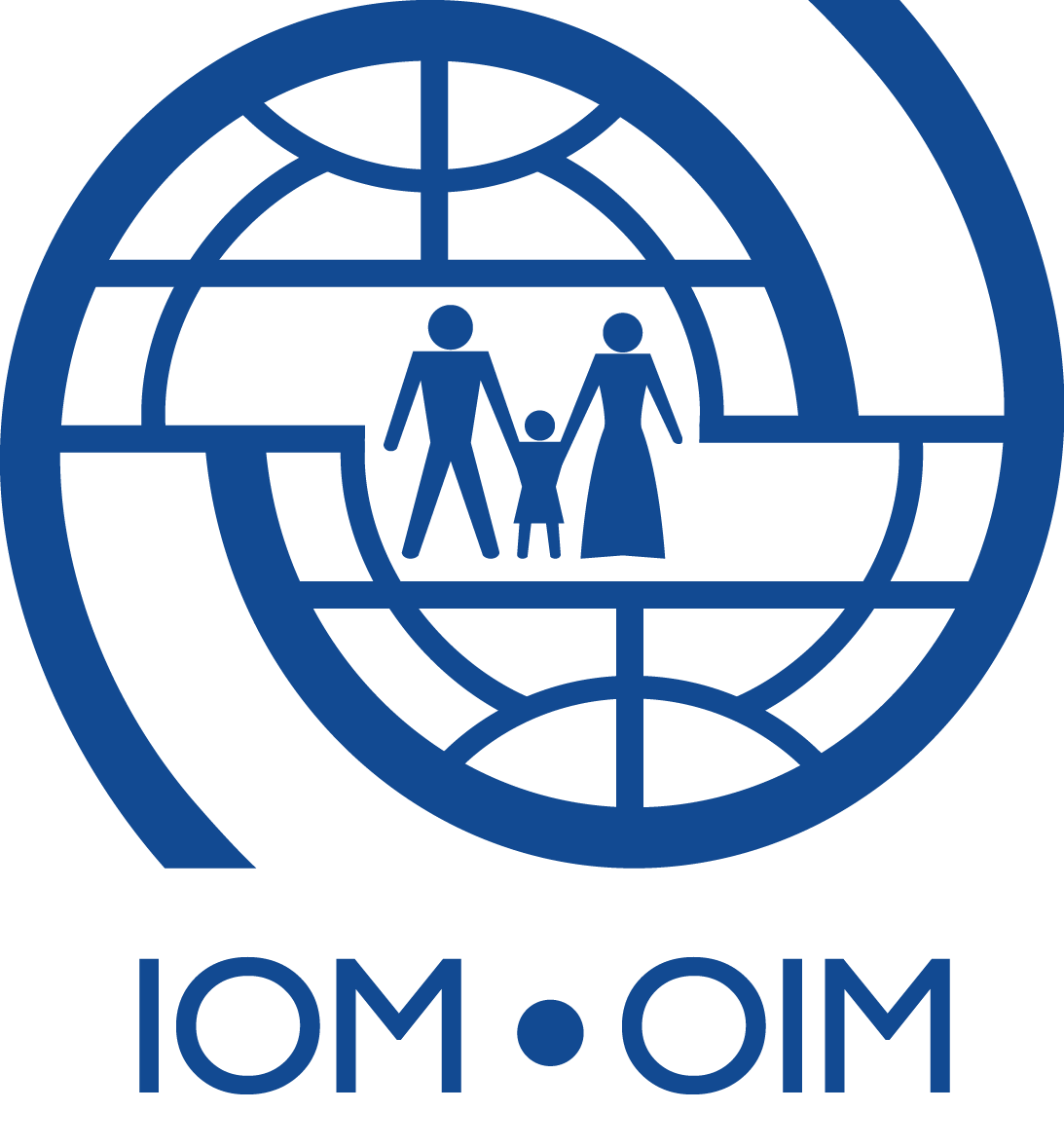
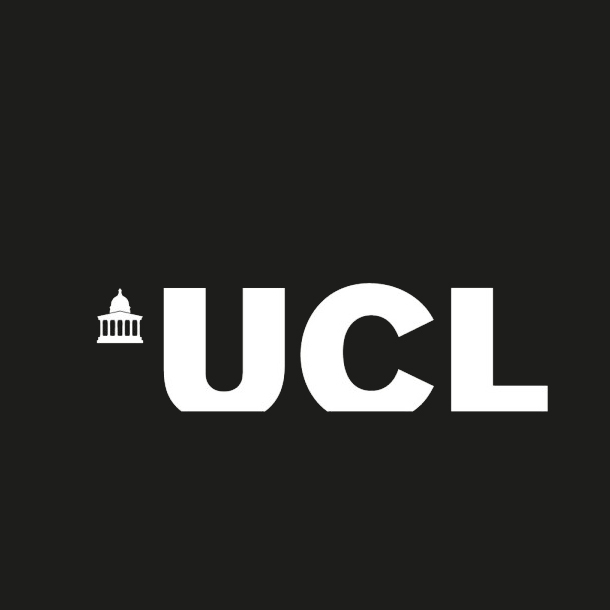


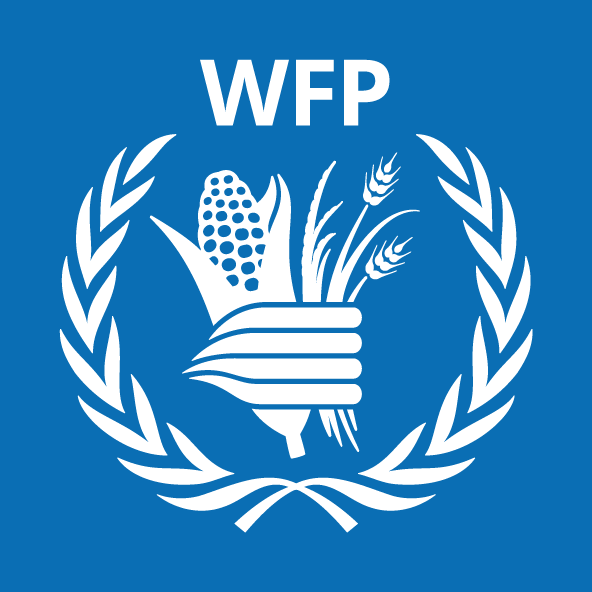
Tools and resources:
Brief: The 2021 multi-sector needs assessments should collect data on the languages of affected people
View the infographic in English, Congolese Swahili, French and Lingala (Facile).
